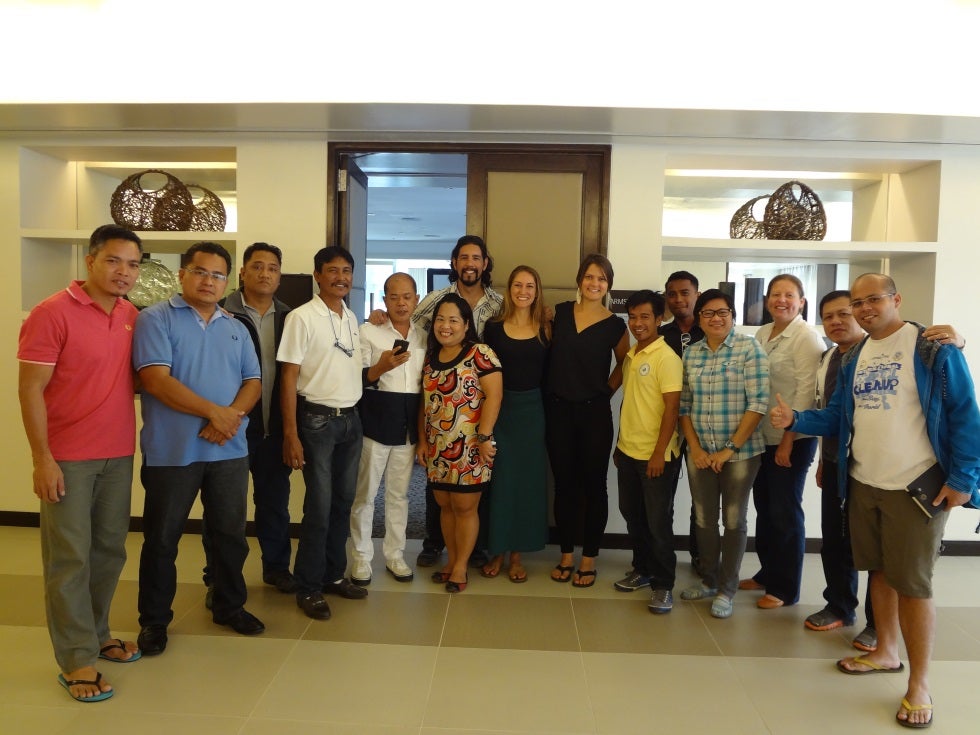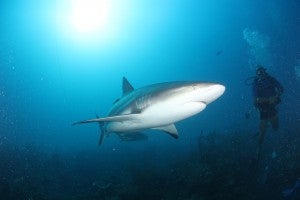
Photo: Kaia Joye Moyer
By: Kaia Joye Moyer, Masters Student at UC Santa Barbara’s Bren School of Environmental Science and Management
It is 5am. The sun is just rising, but Hermes Arandas, a fisher from Totolan, Dauis, Bohol in the Philippines, is anything but just waking up. Today he and six fellow fishers are pulling their banca, a long slender outrigger canoe into the boat landing area. The men left the harbor at 4 pm the previous day and have been out fishing all night. Hermes tells me that he remembers fishing with his father. Back then, the fish were not far from shore, but today they can’t be found there. In order to continue to support his family, Hermes must fish farther and longer because catch is decreasing and fish are getting smaller.
Unfortunately Hermes is not alone in his story. More than 90% of the fishermen around the world are small-scale fishers like Hermes, mostly living in developing nations. And while these fishers provide half of the global fish catch, they are also particularly vulnerable to overfishing because they rely on fish for both their livelihood and food source
It is stories like Hermes’ that brought us to the Philippines.










 Small-scale coastal fisheries are central to the health of the ocean, livelihood, poverty alleviation and food security for millions around the world, but today many of them are severely threatened by chronic overfishing.
Small-scale coastal fisheries are central to the health of the ocean, livelihood, poverty alleviation and food security for millions around the world, but today many of them are severely threatened by chronic overfishing.
